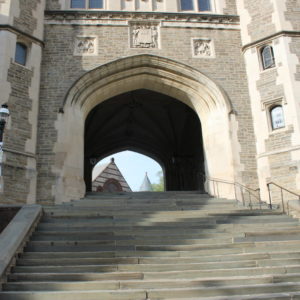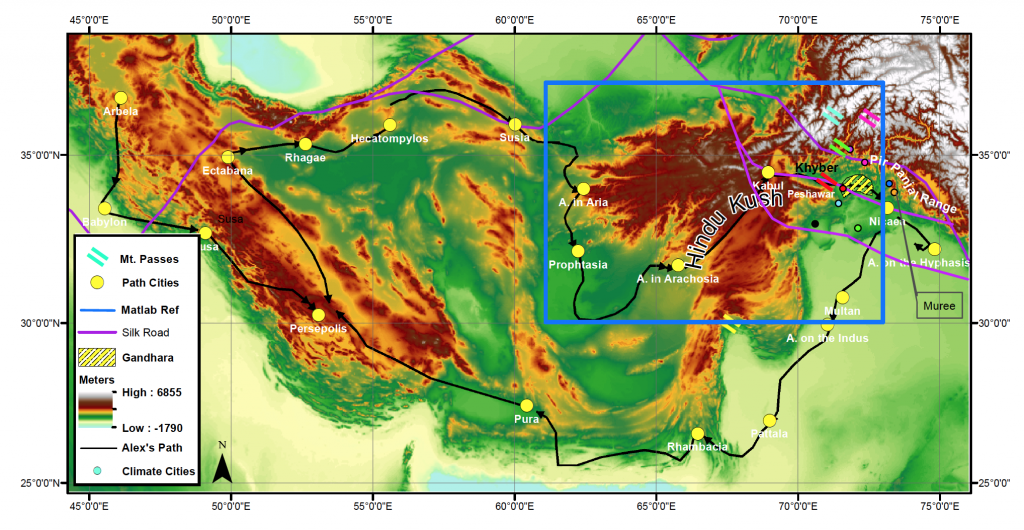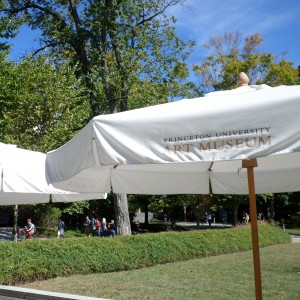The freshman seminars are one of the unique experiences at Princeton. While they may seem intimidating at first, they made me think of the process of research in my very first year in college. Not everyone might become a full-time researcher – I, for example, want to become a policy analyst – but many of our jobs will involve research, and the structure of the freshman seminar is very conducive to the research process. In the Economics of Immigration seminar that I took with Professor Leah Boustan during Fall 2019, we discussed aspects of the economic effects of immigration both on the receiving country and on the migrants themselves. Our final deliverable was a research policy memo – a document that describes a policy intervention by the government, by first arguing the need for it, then describing its advantages, and finally proposing a way by which it might be implemented. In order to write an effective memo, I had to research an issue that necessitated looking at it from diverse points of view. The process made me appreciate several principles of writing a policy memo.
Continue reading A Freshman’s Guide to Writing a Research Policy MemoRetracing my Research Journey
When you’re about to graduate, you spend a lot of time thinking about the future. But you also spend a lot of time thinking about the past.

Often, this can slip into abstract nostalgia (which I am certainly guilty of). Other times, however, this is focused on something oddly specific. Something you spent a lot of time on. Something like … well, PCUR.
Over the past few days, I’ve thought a lot about the posts I’ve written since my sophomore year. I figured it would be fun to retrace my research journey with the benefit of hindsight.
So that’s what I did.
Uncovering Research Opportunities with an Impact Beyond the Classroom
As Princeton students, we all know that our classes offer many amazing opportunities for personal advancement, but we often do not recognize how certain classes can grant us opportunities to contribute to a greater community as well. I was fortunate enough to take such a class as early as my first semester at Princeton, when I enrolled in a Freshman Seminar entitled Philanthropy: Can we Save the World Through Generosity? The topic of this course—the work of foundations and nonprofits—was fascinating, and the method of learning was truly unique. In hopes of instilling a passion for philanthropy amongst Princeton students, a generous alumnus gave a grant of $50,000 to our class. He charged us with the responsibility of donating the grant to non-profits of our choice and learning about philanthropy through that process.
Continue reading Uncovering Research Opportunities with an Impact Beyond the Classroom
All Roads Lead to Gandhara: Integrating Science and the Classics
Around this time last fall, I was spending consistent hours in the basement of Fine Hall, gathering data from the Map Library and struggling with ArcGIS and Matlab to make sense of it. My goal? To explain the success of Gandhara, a little-known ancient civilization in northwest Pakistan.
I first learned about the region during an independent research project in my last semester of high school Latin. Gandhara started as an outpost for Alexander the Great’s generals but grew into an incredible region of diffusion between Greek and Indian cultures. Greek and Buddhist influences merged freely in philosophy, religion, and art, and not much research existed on the area.
Gandhara slipped from my mind until I resumed school in my first semester at Princeton. I was enrolled in FRS 187: Earth’s Environments and Ancient Civilizations, a geoscience seminar that traveled to Cyprus over fall break. In Cyprus, we used geophysics to examine unexcavated areas near a Princeton archeological dig house. As part of the course, we were responsible for writing three scientific papers explaining why a civilization succeeded or failed using topographical, mineral, and climate-based evidence. My mind turned naturally to Gandhara. I wanted to create one comprehensive paper examining its success, but I wasn’t sure that I could find sufficient evidence from three different angles.

Continue reading All Roads Lead to Gandhara: Integrating Science and the Classics
A ‘Major’ Discovery
I am not an art history major.

Don’t get me wrong; art history is an important field with a lot of depth, but the Woodrow Wilson School of Public and International Affairs is where I expect to get my degree. So when I signed up for the freshman seminar Visual Art and the Representation of Knowledge, taught by Susanna Berger, I was following standard freshman advice: join at least one “fun-course-description-takes-priority-over-prerequisites” class while you still can.
Like most freshman advice, it proved to be correct. Visual Art’s fun course description translated into engaging discussions on everything from hieroglyphics to comic books. On field trips to the Princeton University Art Museum, the Metropolitan Museum of Art, and the Museum of Modern Art, we had access to the primary sources at the root of our papers, which made research both more authentic and more exciting. The first two papers were limited to a certain collection or time period, relevant to weekly readings. The final research project, however, was a 10-page visual analysis of any artwork of our choice. Continue reading A ‘Major’ Discovery

